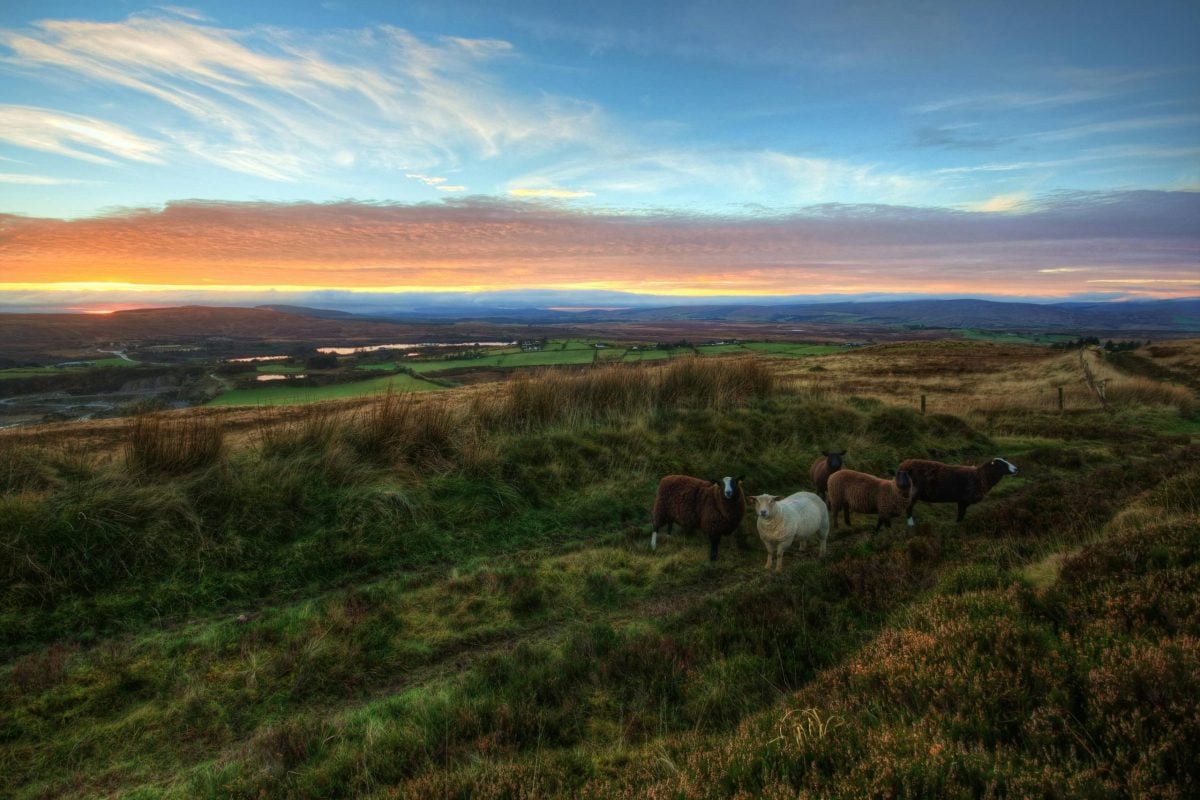Uncategorized
Mary Robinson and the Fight for Human Rights
Mary Robinson: How a Quiet Law Professor Became Ireland’s Fiercest Advocate for Human Rights
Estimated reading time: 4 minutes
Key Takeaways
- Mary Robinson was the first woman President of Ireland and a champion for human rights.
- She transformed the role of the presidency into a platform for social justice advocacy.
- Her legacy continues to inspire activists fighting for equality and justice in modern Ireland.
Table of Contents
Introduction
A Beacon of Change
The Wider Echo
The Now & The Next
Did You Know?
FAQs
Final Word
Introduction
In a land forged from struggle and resilience, Mary Robinson emerged not just as a leader, but as a beacon of hope. The first woman to hold the office of President of Ireland, she didn’t just break glass ceilings; she shattered them, wielding her quiet strength like a thunderstorm. Hers is a journey marked by courage, eloquence, and an unwavering commitment to the rights of humanity—echoing through the valleys of Clare to the furthest corners of the globe.
A Beacon of Change
Born in Ballina, County Mayo, in 1944, Mary Robinson began her ascent from the humble roots of a small town. A law graduate from Trinity College Dublin, she carved her niche as a formidable academic and a champion for the marginalized. It was during her tenure as a senator that she first raised her voice against injustices—a clarion call for those who felt voiceless in the tumult of political rhetoric. Robinson championed women’s rights, advocating for the repeal of the ban on married women working in the public sector, and her fierce stance provided a new narrative in a country often shackled to tradition.
The Wider Echo
When she took office as President in 1990, Robinson became a symbol of profound change and hope. Her presidency was not merely a figurehead; it was an era that transformed how Ireland perceived itself—both as a nation and on the world stage. She adapted the office’s role, replacing the ceremonial with the active, using her platform to advocate for those struggling with injustice and inequality globally. In 1993, Robinson addressed the United Nations, bringing Ireland’s voice to international discussions on human rights, demanding accountability for the atrocities that echoed through ages, forever altering Ireland’s identity in the global community.
The Now & The Next
Today, as the ghost estates cradle lost dreams and the nation wrestles with issues such as poverty and housing shortages, Robinson’s enduring legacy serves as a poignant reminder of the potential within us all. Her work draws parallels to current struggles—be it the displacement of families from their homes or the fight for equality in an ever-challenging socio-political landscape. Her advocacy continues to inspire a new generation of activists who are unafraid to speak out and seek meaningful change in an Ireland still in the throes of transformation.
Did You Know?
- Mary Robinson founded the Mary Robinson Foundation – Climate Justice in 2010, fighting for the intersection of human rights and climate change.
- In 2022, she was named one of the 100 most influential women in the world by the BBC for her ongoing commitment to social justice.
FAQs
What is Mary Robinson known for beyond her presidency?
Robinson is widely recognized for her role in advocating for human rights initiatives globally, especially regarding climate justice and women’s rights. Check out related stories from Dublin.
How has Mary Robinson influenced modern Irish politics?
Her legacy continues to inspire leaders and activists who push for social change and engagement, reflecting a more inclusive Irish identity.
Final Word
Mary Robinson’s journey is a testament to the power of compassion paired with action. As we raise our glasses to the future, let us remember her words and her unwavering spirit—an indomitable Celtic fire.
If you carry the same pride we do, you’ll find a piece of home waiting at
HubIrish.com.

